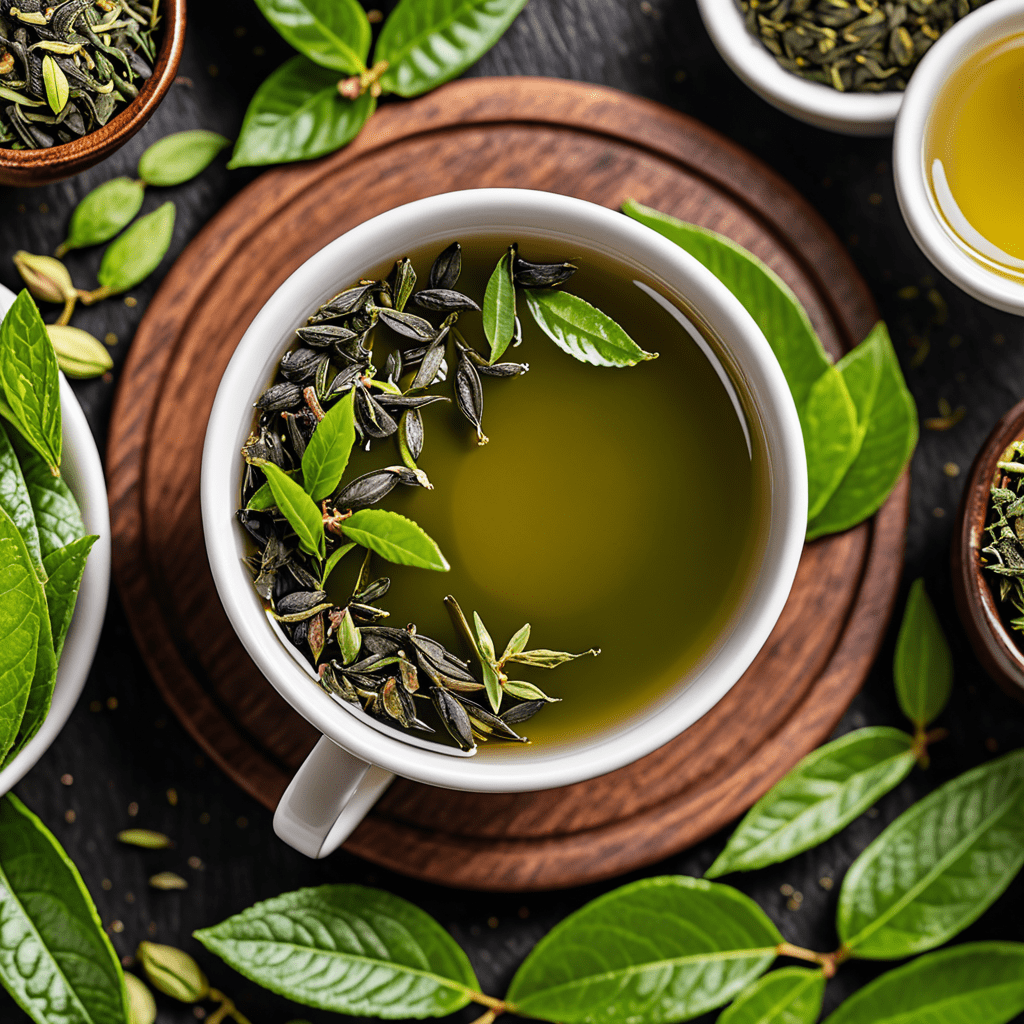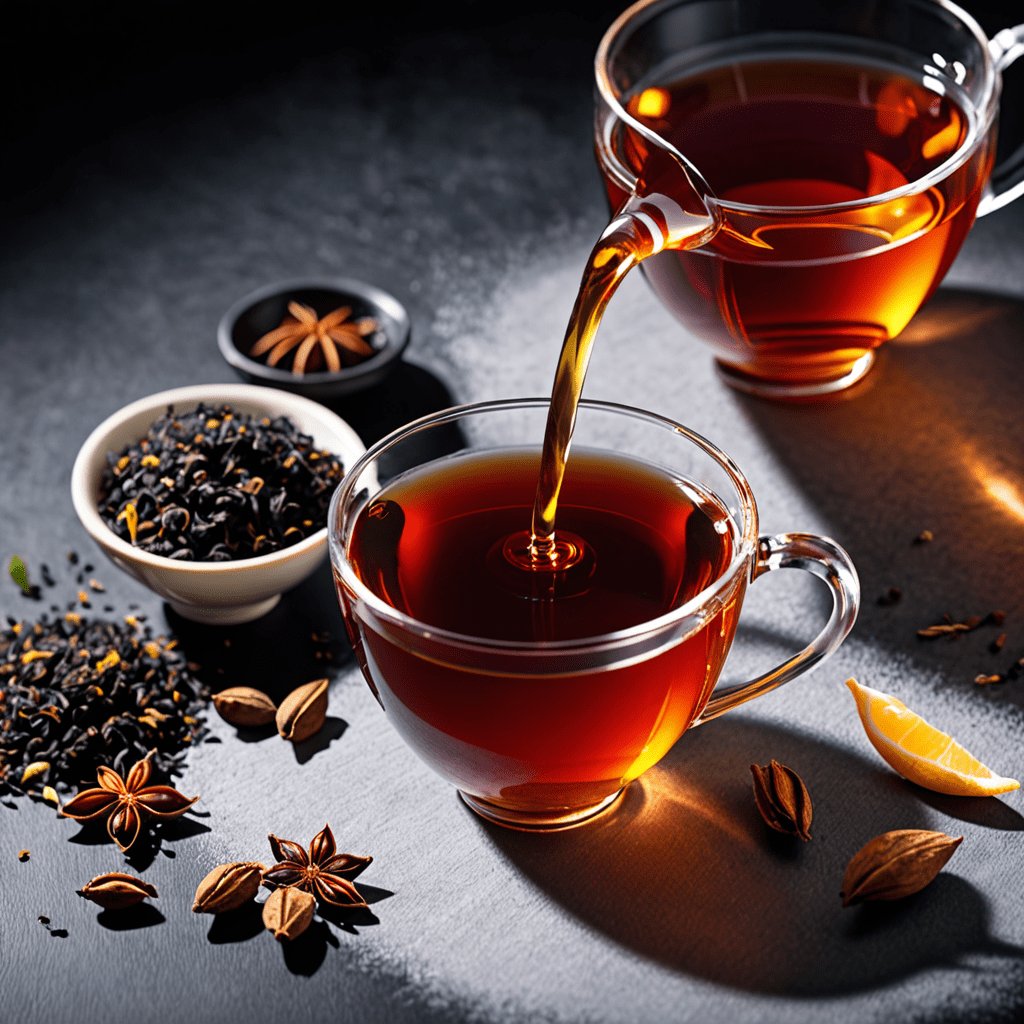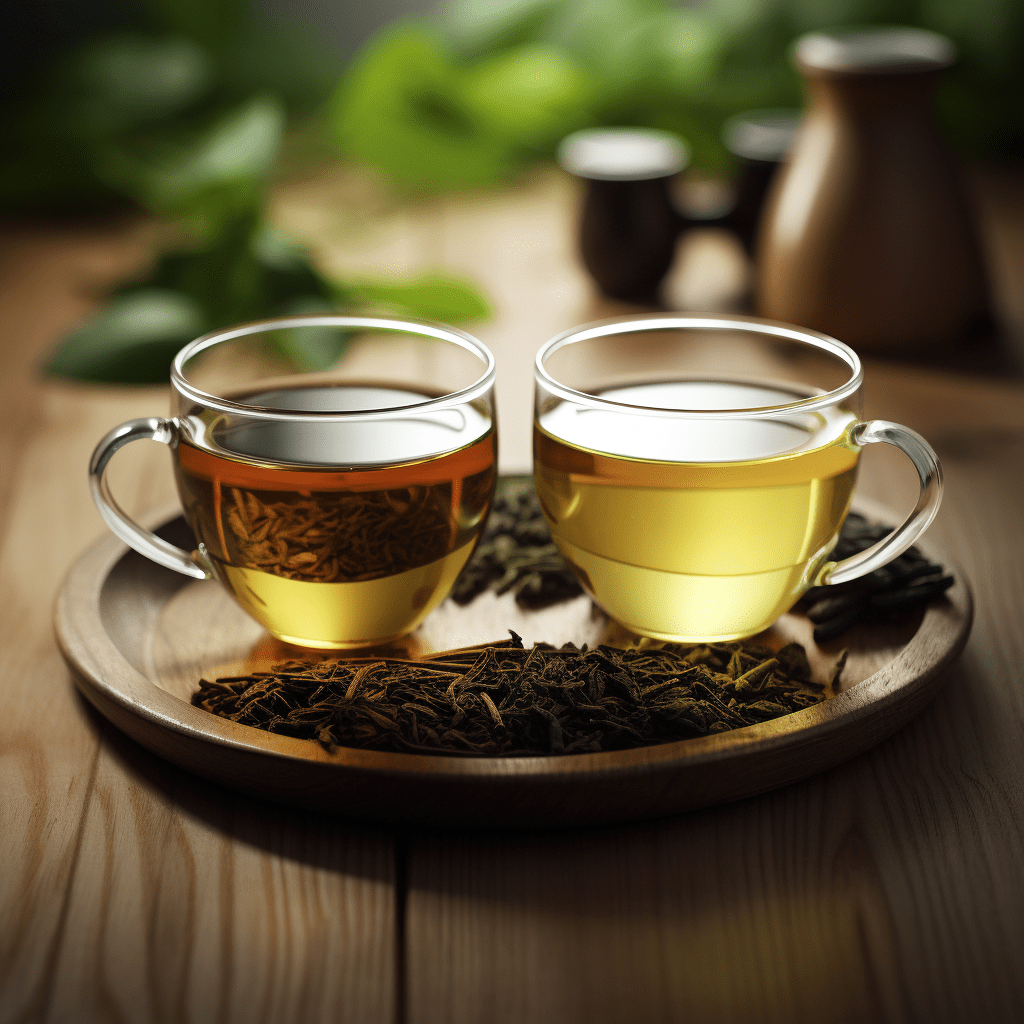1. Introduction
India, a land steeped in both tradition and cultural diversity, boasts a rich history of tea consumption and a profound appreciation for music. These two seemingly disparate elements converge in a unique and captivating manner, forming an integral part of the Indian cultural fabric.
2. The Role of Tea in Indian Music
Tea, an aromatic beverage enjoyed across the nation, plays a significant role in the world of Indian music. Musicians often turn to tea as a pre-performance ritual, seeking its ability to enhance focus and clarity. The beverage's symbolism extends beyond mere refreshment, representing a state of heightened awareness and creative expression. In certain musical traditions, tea ceremonies or rituals hold cultural significance, marking the commencement or conclusion of musical gatherings.
3. Music Inspired by Tea
The allure of tea has inspired countless musical compositions in India. From classical ragas to contemporary fusion pieces, the essence of tea finds expression in diverse musical styles. Lyrical themes often revolve around the cultivation, preparation, and consumption of tea, capturing the sensory experience and cultural significance of this beloved beverage. Musicians draw inspiration from the delicate aroma, the invigorating taste, and the meditative state induced by tea, weaving these elements into their artistic creations.
4. Tea Plantations and Music
Within the vibrant tea-growing communities of India, music thrives as an integral part of daily life and celebrations. The rhythmic plucking of tea leaves, the bustling activity of tea factories, and the serene beauty of tea gardens all contribute to a unique musical landscape. Traditional instruments like the flute, drums, and stringed instruments resonate through the plantations, blending seamlessly with the sounds of nature. These musical expressions reflect the cultural identity and rich heritage of tea-producing regions.
5. Tea Houses and Music
Tea houses in India serve as cultural hubs, fostering a vibrant atmosphere where music and conversation intertwine. These establishments provide a platform for musical collaborations, preserving traditional music forms while embracing contemporary influences. The presence of live music enhances the tea-drinking experience, creating a space for relaxation, connection, and cultural exchange. Tea houses have played a pivotal role in the evolution and dissemination of Indian music, nurturing a thriving community of musicians and enthusiasts.
6. The Influence of Music on Tea Consumption
The intricate relationship between music and tea extends to the realm of consumption, where specific musical genres and moods can profoundly impact tea preferences and patterns. Upbeat and lively music often complements invigorating black teas, while calming classical melodies enhance the serenity of herbal infusions. The choice of music can set the tone for the tea-drinking experience, influencing the overall mood and enjoyment.
7. Regional Variations in Tea and Music
The diverse regions of India boast unique tea and music traditions, reflecting the country's rich cultural tapestry. In Assam, the robust flavor of black tea pairs beautifully with the vibrant sounds of Bihu music. Darjeeling's delicate muscatel teas find harmony with the soulful melodies of Nepali folk songs. Kerala's refreshing spiced chai blends seamlessly with the rhythmic beats of Theyyam performances. Each region's unique musical heritage adds a special dimension to the tea-drinking experience, showcasing the cultural diversity of India.
8. Tea and Music Festivals
India is home to numerous tea and music festivals, celebrating the harmonious convergence of these two art forms. These events bring together musicians, tea connoisseurs, and enthusiasts from across the country, creating a vibrant atmosphere of cultural exchange and appreciation. From classical music concerts amidst tea gardens to traditional folk performances in tea houses, these festivals showcase the multifaceted relationship between tea and music.
9. The Future of Tea and Music in India
The future of tea and music in India appears bright, with both art forms continuing to thrive and evolve. Contemporary musicians are experimenting with tea-inspired compositions, blending traditional and modern influences. Tea houses are emerging as cultural hotspots, providing platforms for musical expression and fostering a deeper appreciation for both tea and music. As the country embraces its rich heritage, tea and music will undoubtedly continue to play a significant role in shaping the cultural landscape of India.
10. Conclusion
The intersection of tea and music in Indian culture reveals a captivating interplay between two cherished art forms. From the use of tea as a performance enhancer to the creation of music inspired by its essence, tea and music are interwoven in a unique and meaningful way. This deep-rooted connection reflects the cultural richness of India, where tradition and innovation converge to create a harmonious symphony of art and experience.
FAQ
What are the most popular types of tea consumed in India?
Black tea, particularly Assam and Darjeeling, are among the most widely consumed teas in India. Other popular varieties include masala chai, green tea, and herbal infusions.
What are some traditional Indian musical instruments used in tea-related music?
The flute, sitar, tabla, and harmonium are commonly used instruments in Indian music, and they often feature in tea-inspired compositions and performances.
What are some well-known tea and music festivals in India?
The Assam Tea Festival, the Darjeeling Tea Festival, and the Kerala Tea and Tourism Festival are among the most renowned events celebrating the intersection of tea and music in India.


